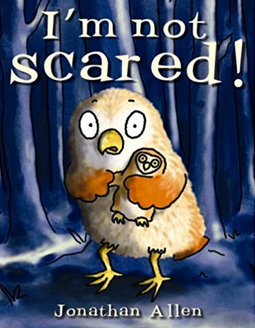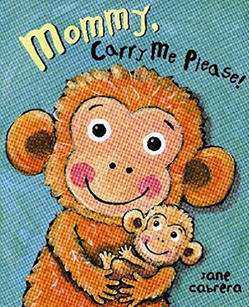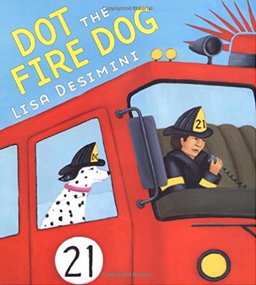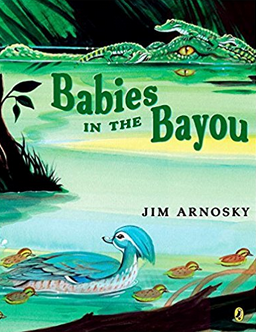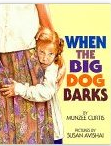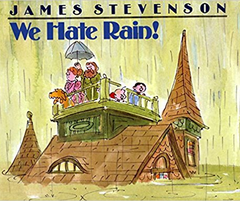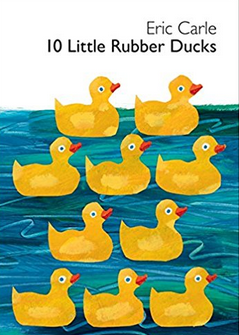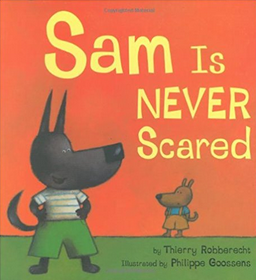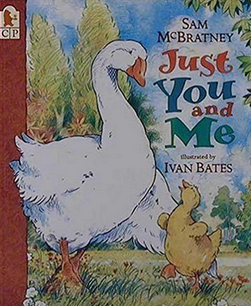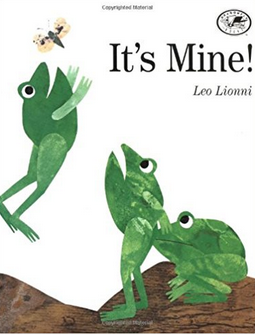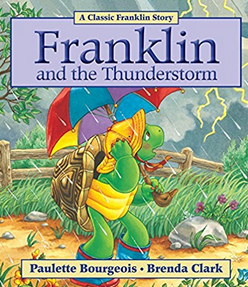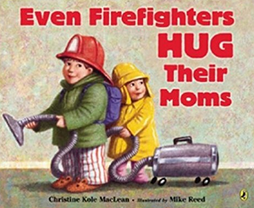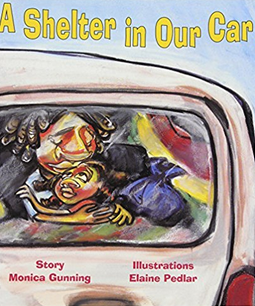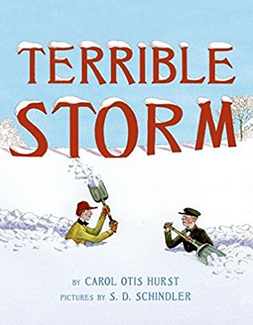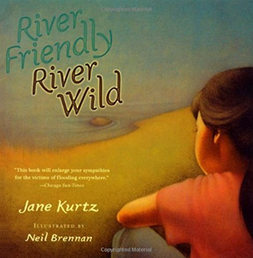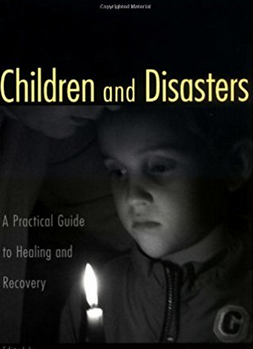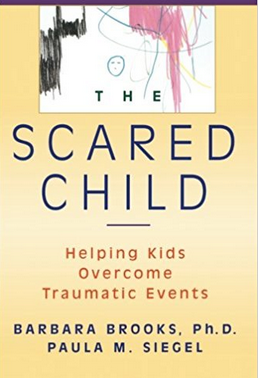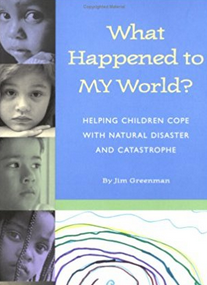How to help our kids cope emotionally after Hurricane Harvey
/Desperation, exhaustion, uncertainty, questions without answers, worriedness and fear are just a few words that my children used to describe this last seven days of our lives. Yesterday was the first day we were able to walk back home to find out that miraculously our house was not flooded as it was the case with thousands and thousands of homes in Houston. In spite of my exhaustion and of still having a weird feeling all over my body, I set the table and cooked whatever I could find in the pantry so I could give back to my kids a little bit of normalcy by having dinner at the table as we always do.
These last seven days started with skepticism since we didn't know if Harvey was even going to affect us and with some tornado warnings that made us go hide inside a closet; nothing we hadn’t experienced before. Then, our worriedness escalated when the rain just wouldn’t stop, the weather forecast was hopeless and all sense of normalcy disappeared when we decided we should all sleep together in the same room, questioning if it would be safer to do so on the first floor with the risk of flooding or on the second floor with the risk of tornadoes.
Suddenly, a press conference on T.V. made our hearts skip a beat when it was announced that at two in the morning two dams were going to begin controlled releases of water to prevent the dams from breaking and damaging even further the rest of the city.
Photo by Raymond Harkness
A guy in a blue shirt gave an update of the neighborhoods that were going to be affected and flooded. I never imagined that ours was going to be mentioned, but when I heard its name with all its letters a shiver ran through my body and that’s when a whirlwind of quick decisions started.
Should we leave or stay and ride out the storm from our second floor? For how many days should we have food and water? Would the water rise to the second floor? Were we going to be able to get the car out of the garage? If we left, where should we go? All our friends were in the same situation, would it be more dangerous to drive on the flooded streets or stay?
Suddenly, the water on our street started to rise. To witness how little by little the water slowly approached our house from the front street and from the small creek on the back of our house was just too much, emotionally it broke me. All I wanted was to leave as soon as possible. To take out the car was no longer an option, but to walk out was, but we had to decide quickly. My daughters were begging us to leave, my little boy just watched us trying to understand why Mom and Dad were not giving him clear instructions as they always did. Even our dog started crying.
The reality was that none of us felt safe at our house anymore, and that’s why we decided to get out. Emotionally it's very difficult to see that your home, that sacred place that shelters you every day, has now become an unsafe place from which you need to escape.
We've always been blessed by the tremendous friends we have in Houston, but after this experience, they've become even more valuable to me. All the people that helped us during these last seven days, just kept appearing like guardian angels saving us in each step of our journey.
Carlos, the good Samaritan that came to our house and helped us escape our flooded neighborhood while leaving his family who were also forced to evacuate their house. Kirsten and Erik who opened the doors to their house that first day and where we could only stay one night since the water also flooded their street and we had to evacuate as well. Bernardo and Carlos who came all the way from the Woodlands to pick us up and Susana who received us in her house, offering us food and two days of normalcy for our kids that we'll never forget.
Today, after the storm, my heart bursts with thankfulness for being able to come back to our home which luckily wasn’t flooded and to be able to little by little feel it as that sacred place again. Unfortunately, that is not the case of thousands of families around Houston.
Of all the calls and comfort messages I received, there was a very special one. A very close cousin of my husband, who happens to be a psychologist, called me because she was worried about the emotional situation of my kids after living this experience and she gave me several recommendations on how to help them verbalize and process those days of uncertainty and worriedness.
That's why today I share with you this valuable advice from psychologist Ariadne Papacostas who has a Masters Degree from the California Institute of Integral Studies:
"Natural disasters can have a strong emotional impact on anyone who witnesses them. These events alter our beliefs around safety and the degree of control we have around it. Children are not an exception to this."
Here are some suggestions that might be useful to help children and adults cope with Harvey:
Identify at least one trustworthy person with whom you can talk about your experience of the natural disaster.
Offer yourself to others as a person who is willing to listen to them in a nonjudgmental, curious, warm, and accepting way.
Make your children understand that it is ok and normal to feel sad, scared, mad, worried or any other feeling they may have. Make sure they are certain that to feel is not prohibited in any way.
Explore a variety of creative resources and utilize those that help you process what just happened. For example, you can play, draw, write, read, dance, or sing about the event.
Assure children that the adults will do everything under their control to keep them safe.
Identify and utilize accessible behaviors that help you feel comforted and calm. Do not shame anyone who chooses something they used to do when they were younger (e.g. sleep with their teddy bear).
Track patterns even if the event has already passed. Look out for changes in sleep, eating, academic, job, social, and emotional areas.
Consider consulting a psychologist.
Books are always a great resource, especially for kids. Here's a list of recommendations for kids and adults who suffered a natural disaster, specifically a flooding.
For kids two years and older:
For kids three years and older:
For kids five years and older:
For adults:
I know there's a long way to go and that all our strength is focused on cleaning up and start rebuilding all we lost so we can give our families that home they want back so much.
But in my case, it's the first time my kids see me without answers, without a clear plan and worried to keep them safe without exactly knowing how. That's why in my house there will be also an emotional rebuilding so my kids can feel safe again and I want to make sure they learn to verbalize their feelings in situations as traumatic as this one so they can use it as a tool for any other situation they face in the future.
My heart is still broken by all the devastation that happened in the city of Houston. I hope this recommendations and books help you as much as they did to me so you can give your kids tools that will help them process this experience.
In the middle of all this uncertainty, the only thing I know is that as Houstonians, we won't rest until our city is back on its feet again because that's the way people who live in Houston are, people from all around the world standing strong and standing together.
#Houstonstrong






